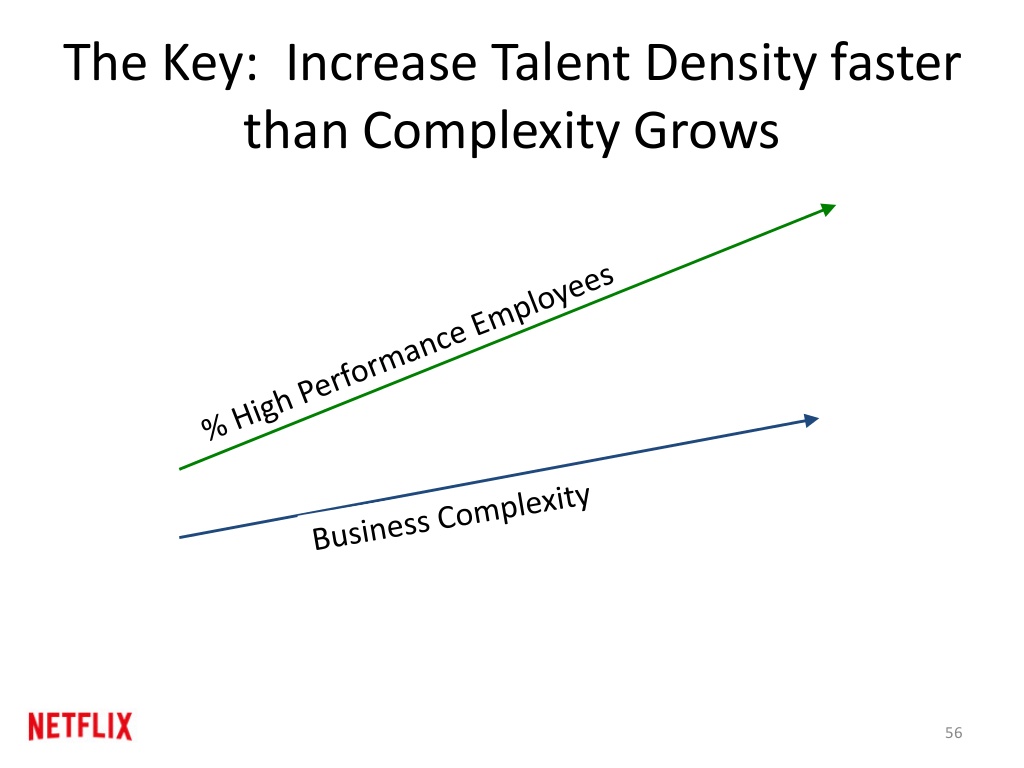Why Running Separate Rural Sales & Marketing Teams Is Failing You
“Marketing are cost centres and sales are profit centres.” We’ve all heard this one right? When I look at this statement it’s generic but also contains some truth. Over the years I’ve seen plenty of marketers yet met very few who can sell despite sales being the commercial lifeblood for companies. Because of this I’ve always believed marketing should be a function of sales. Any marketing department that struggles with this definition is in danger of being that cost centre or overhead. The formula for me is simple: marketing teams deliver qualified leads for sales team to close.
The thing is sales is a tough gig. Not everyone’s cut out for it and if I was honest over the years I’ve developed a deeper respect for salespeople than marketers because sales teams live out there on the front line amongst a world of “nos”, “not nows” and numerous objections. They don’t have the luxury of hiding behind the confines of a desk at head office. Sales teams are out there having to dust themselves off day in, day out off as they head to their next appointment with renewed enthusiasm despite some of them being blunted by the last. Without a strong lead-generating machine behind them it’s a lonely place. If they’re not getting the sales support they need, it’s likely they won’t be interested at conference watching the marketing manager presenting enthusiastically on their latest social media efforts. The problem is the worst marketers mistake outputs for outcomes when all that matters are the things they can do to help their sales teams get results. They yearn for respect from their sales peers yet do nothing to earn it. Creating strategies, making plans or making customer journeys are not an outcome, sales are.
There are many competing arguments for centralised vs. decentralised models but in my experience the best company performance I’ve seen is when sales and marketing are aligned and led under the same Manager or GM.
The downsides of a decentralised sales and marketing model are:
- silos and patch protection
- politics
- distrust
- miscommunication
- lack of information flow and market insights
The upside of a centralised sales and marketing model are:
- greater efficiencies
- increased efficacy
- less distraction and business interruption
- greater teamwork and cultural strength
- less reporting lines
- less BS
Being aligned and responsible for common, shared objectives means less company energy and resources are being depleted on the inside which can be better directed outside into the market where it’s needed most. The sooner you merge the two, the sooner you can book the benefits whilst easing the pain and frustrations.
Yet the scenario of sales and marketing alignment described here isn’t a new concept. Sales and marketing in the past would have worked hand in hand as one close knit team. When a company was small in start up mode, constant co-ordination and communications were a necessity to help get the business off the ground. Everyone focussed on sales because it was their oxygen. However, as business grew and income increased, business complexity increased as well and a bigger beast needed to be fed. That’s when companies think they can need to create two separate departments because it will allow each of them to have a greater focus – one charged with generating leads (marketing) and one dedicated to closing them (sales). And this is where they get it terribly wrong. The bias of we’re big now is their undoing. The very thing that served them so well in their early days is the thing they now decide to change. Just because you couldn’t justify separate sales and marketing departments when you were small, doesn’t mean you can justify it now just because you’re big. What worked well then can continue to work well now.
It astounds me why businesses create more complexity when the model of simplicity was already working well enough. It’s counter-productive (and it an be explained because we have an ego that celebrates and gravitates towards complexity – we even celebrate as Chip and Dan Heath show in their brilliant book Made to Switch).
The problem I too often see with separate rural sales and marketing teams is business owners tearing their hair out like parents with kids that continually fight. It ends up with the unenviable “them and us” situation. Due to a lack of common understanding the cracks begin to show and without the right management valuable sales opportunities are lost between the two. And then as sales revenue drop, the predictable blame game starts with companies ending up being busier doing business with themselves than they should be with their customers. The refereeing becomes a business distraction and they lose their focus looking inward instead of outward. And whilst they’re doing that they’re competitors steal a march.

The challenge with a centralised sales and marketing function is that it demands special talent who are highly qualified in both disciplines. Finding good rural sales people is hard enough (I know this because clients ask me every week who’s good and available out there in the agribusiness world) but you can double it when it comes to finding a seasoned Sales & Marketing Manager/GM. I meet very few marketers who are comfortable being managed by metrics or hard data. Many prefer to hide behind the softer measures of success like brand consideration or awareness. They like to leave the harder stuff to the sales guys. When it comes to sales teams, they often have little regard and respect for brands they represent and don’t understand how important marketing is to building a differentiated brand that justifies a premium. Their commercial arrangement and need for targets, bonuses or commission can run counter to brand values or positioning (the softer but still important stuff). Results are all that matters to them and the ends justifies the means even if it means sacrificing margin. It’s hard to argue against results because numbers are what we use to measure business performance. However if short term sales are being achieved at the expense of longer term brand positioning or customer experience it’s a short game (what that Clay Christensen like calls the Paradox of Resource Allocation).
So how do you solve this? Sometimes you find talent that can be coached to develop dual competencies – rare but not uncommon. I find it easier to start with sales talent and help them develop broader marketing competencies because sales are a commercial necessity that you must prioritise. Or you can structure a leadership team that has a stand out sales captain supported by very good marketing lieutenants. That leader needs to demonstrate evidence and understanding of a broader perspective by being able to respect and support both sales and brand contribution to company success.
Working in New Zealand agribusiness, and the corporate world, I’ve seen the best companies perform with a centralised sales and marketing function in place. The efficiencies of management, reduced costs, greater efficiencies, better alignment and speed to market make for a good business case alone. But for the magic to really happen, much like the best sports teams, you need to create the right environment. One where is a mutual respect for each other’s area of expertise, real and sometimes brutal honesty, continuous feedback loops, genuine inter-dependency and an uninterrupted journey between lead generation and sales conversion. In this environment knowledge sharing and front line intel flows unimpeded so any customer or competitor insights can be actioned quickly and efficiently to take advantage of a market opportunity.
So if you want to win more market share in the rural sector this year, I recommend you look at how you can merge your rural sales and marketing departments into one efficient centralised team. You can use this combined energy and talent to beat the competition together rather than separately.
When you create that alignment, you’ll be a powerful force better equipped to focus on what’s most important out there: winning.
Good luck.





